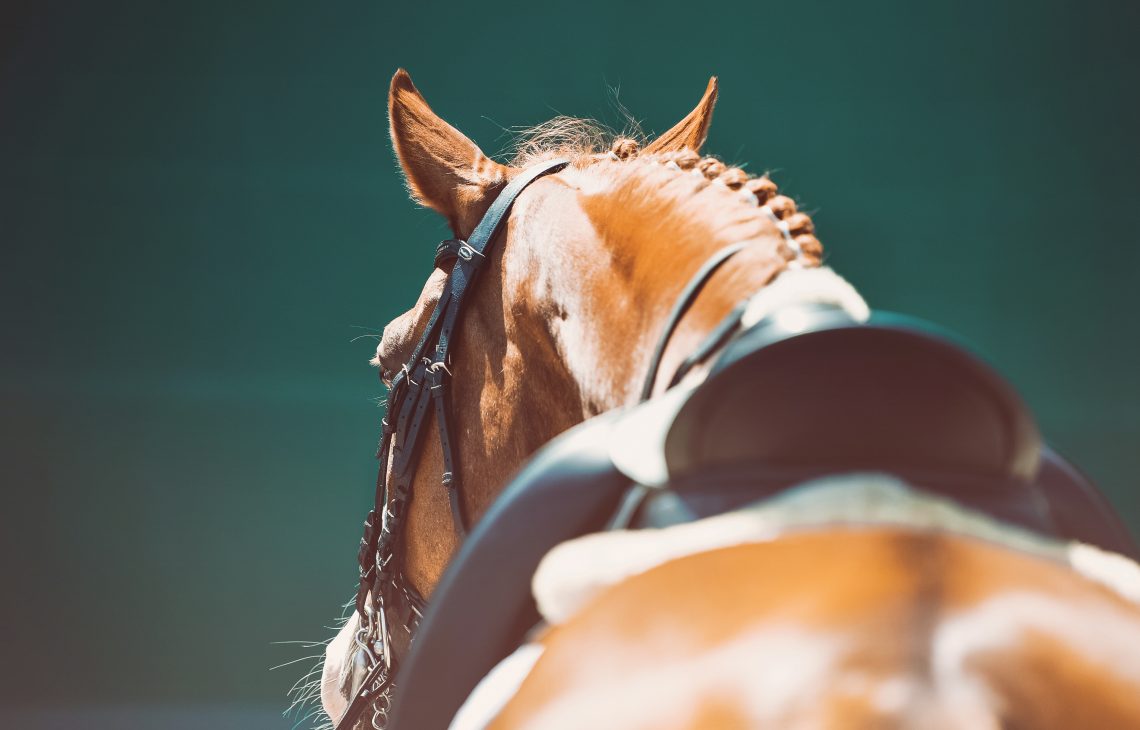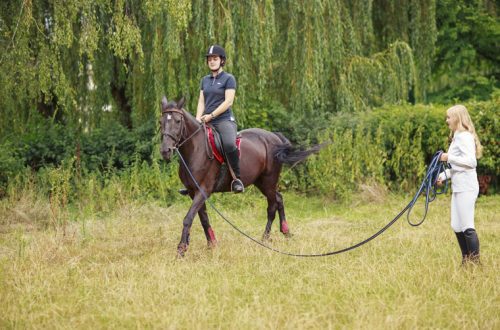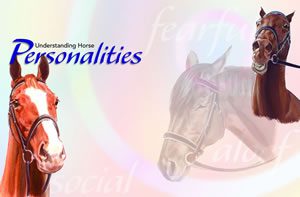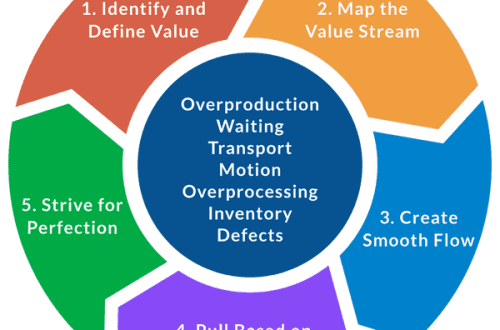
What hinders progress? Let’s talk about the psychology of the rider …
What hinders progress? Let’s talk about the psychology of the rider …
Why do some riders achieve success in riding and sports faster than others? Did it seem to you that despite all your efforts, you could not achieve a result and seemed to be in a dead end? What needs to be done to take a step towards progress?
Learning any skill goes through four stages: unconscious incompetence, conscious incompetence, conscious competence and unconscious competence. Let’s consider each of them:
1. Unconscious incompetence: you don’t know that you don’t know something. 2. Conscious incompetence: you know what you want to do, but you can’t get it done yet. 3. Conscious competence: You can complete the task if you concentrate and put in your best effort. 4.Unconscious competence: you can do what you want without thinking (automatically).
In this article, we talk about conscious incompetence.
This stage is extremely unpleasant: we know what needs to be done, but we cannot cope with the task. However, it is from this moment, with the realization of your goals, that real learning begins, which over time will allow you to approach the stage of conscious competence. It is very important to admit your incompetence and tune in to the positive – only then will you be able to progress in learning.
You may have noticed that some riders quickly move past the stage of conscious incompetence, while others go through this stage for a long time. Why? Is it about talent, luck, or is it all about finances? Is it all about an expensive horse and an outstanding trainer?
In fact, none of the above factors is decisive. Of key importance, in our opinion, are psychological strategieswhich will help you rationally organize the learning process and adjust to correctly perceive the mistakes made. Let’s consider them.
1. Think like a beginner. In Zen Buddhism there is such a thing as “beginner’s mind” – a necessary condition for a “pure” perception of new knowledge. This is the basis of our first strategy, which will help you to direct your thoughts about working with a horse in the right direction. It is not necessary to become a Buddhist. The idea is to temporarily put aside all your previous opinions, beliefs, and experiences, and open yourself up to whatever information the coach or instructor is trying to convey to you.
This kind of thinking is typical for people who are just starting to learn something. They perceive the first information as truly true. For riders who already have some experience behind them, who think they know what they are doing, it is especially important to feel like a beginner again.
It sounds simple in words, but giving up previous experience and beliefs in practice is much more difficult than it seems. To make it easier on yourself, imagine that you have collected all your knowledge like books and put it on the shelf – at the end of the lesson you can take it back if you want. When a rider admits to himself that he does not know something and says it out loud, he is open to learning.
Pay attention to the fact that many (perhaps you too) respond to the trainer’s offer to do one way or another: “I know, but …., and therefore it doesn’t work out for me”, “I know, but my horse …”, “ Yes, but I need…”, “Yes, but I always…”, etc. However, in order to achieve a result, it is not necessary to explain why you are not capable of it. You just need to achieve it: not to discuss the causes of errors, but to work on their elimination.
The statement “I know” can be either 100% true or false. But the main problem is that the internal monologue that begins with the words “I know” constantly keeps us in the past. These words do not allow us to open up to the new. If you think like a beginner, you will discard old opinions and beliefs.
That is why coaches often say that it is easier for them to work with children: children are not overloaded with experience and knowledge. Their explanations of failure sound like “I DON’T KNOW”. They don’t know at school, they ask their parents questions, they are constantly in the learning phase. We have more experience and knowledge, but this experience and knowledge can not only help us, but also hinder us.
When you find yourself making excuses instead of acting, ask yourself: what would you like in this situation? What is going to happen? Is it possible? Can you control change?
Excuses and reasons. Why don’t you complete the tasks set by the coach?
Excuses and reasons may sound almost the same, but excuses (justifications) are designed to reduce or eliminate responsibility, but reasons explain what is happening. The difference between them is in the word “responsibility”. Before you learn a new skill, you must go through the frustration of the stage of conscious incompetence.
Suppose you are aware that you need to get the horse to contact the hand, but you are not able to do it. You will have to go through feelings of frustration, confusion, lack of coordination. Through your experience, you may even move more quickly to the stage of conscious competence and find that you can barely make contact with the horse’s mouth if you focus on this task.
Your trainer will help you work more balanced and efficient, and will tell you how to create enough momentum to push your horse into contact. Teaches you how to bend your horse around the inside leg and how to work on the outside rein, etc. You will begin to feel contact and periodically lose it. When contact is lost it is very easy to come up with excuses: badly trained horse, bad saddle, uncomfortable breeches/boots, stiff and unbalanced horse. All excuses shift the responsibility from your shoulders to someone else.
A reason is fundamentally different from an excuse. When you’ve lost contact, you might say to yourself, “Maybe I’m taking too many occasions?” or “I find it harder to work with my left foot/arm than my right”, “I allow the horse to lose rhythm”, etc.
Trying to understand the reason, you do not look for the guilty. You are just being honest with yourself. Most causes can be corrected if they are true (e.g. “I have difficulty sitting properly due to an injury”).
Once you realize you’re making up excuses, it’s time to start thinking about your goals. It will redirect your thoughts. For example, a horse canter over the reins. Perhaps your initial thought was, “My horse refuses to work.” But have you been honest with yourself? The truth, most likely, was that you lost balance or did not accompany the horse during the suspension phase, and he, trying to maintain balance, did what he could? So what is your goal? You need to work on a balanced, crisp canter! Discuss the problem with the trainer. What happens before the horse goes over the reins? Are you losing your balance, your connection to the snaffle or the side of your horse? Once you understand this, you can move on. You need to think about the reasons, about how to prevent a negative moment, and not about the fact that the horse is doing something that you do not like. Excuses often lead us down a path we don’t want to take. But if you focus on the result, you can build a strategy.
But if looking for reasons, not excuses, is so logical, then why don’t we often do this?
First, it is risky, because new difficulties and mistakes may open before us. Many people continue to do what they were doing because it is safe, even if not effective. Excuses keep the rider from digging deeper and running into more problems.
Fear can get in the way. Ask yourself what are you afraid of. The answer may be hidden in previous negative experiences, in fear of failure. Say it out loud, share it with your coach. Seeking excuses is at the core of defeatist thinking, while trying to find a reason allows you to think strategically.
History and realities. Each of us has our own piggy bank of stories about certain situations in which we have already been. We remember them and retell them from time to time. But if we take a step back and criticallyevaluate what we once experienced, we may find that our experiences and beliefs are not as objective as they seemed. History (our memories) can differ significantly from reality (what really happened).
As riders, we must ask ourselves the question: what is history and what is reality? If we persist in repeating the same story, our learning becomes more difficult.
Let’s say you got 64,57% in dressage last year. This is history as your result reflected the subjective opinion of several judges. You may think like these judges, but such a past is no guarantee that your result will be repeated in the future. Stories often slow down a rider’s progress if he has been riding the same horse for a long time. If the rider started working with the horse when it was still young, he can say: “My horse has poor quality canter to the right since the ride.” Perhaps it was once true, but time has passed, and you no longer have a reason not to fix this problem. History slows you down: you live in the past, you perpetuate the problem, but you don’t fight it.
Another example of a story that hurts progress is a memory that keeps the rider in his comfort zone. Let’s say you think other riders don’t see you as a strong competitor or see you as a loser, and that’s holding you back. But the reality is that you cannot know what others really think of you, and most importantly, no opinions can affect your horse.
Another example: you think that you will offend your coach if you attend a master class of a visiting master. This “story” will not give you the opportunity to gain new experience and train with a professional. You can’t judge what your trainer will really think about it (however, if his goal is your development, then he will only be happy if you attend this event). Just talking about it is enough.
Look: in both cases, our stories contain a component of fear that must be overcome so that it does not obscure reality from us. The delusions caused by it hinder progress. If the rider learns to separate reality from history, it will help him to accept the concept of beginner’s thinking. So, if you understand that poor cantering from the right at the moment is the result of your incompetence, you can change your mindset, open up to new knowledge and engage in real problem solving.
Of course, our coaches and instructors are responsible for us: they must train us to the best of their qualifications and abilities. But we, as riders, have an even greater responsibility. We must be good students. Great riders succeeded because they were open to new knowledge. They did not look for excuses, but determined the causes and worked to correct problems, reminding themselves of the real state of affairs, and not replaying the old story in their voice.
Reconsider your attitude to yourself and the horse, to riding, to views of cause and effect, and you will undoubtedly take a significant step forward.
Eliza Sydnor Romm; translation by Valeria Smirnova (source)
- Adeev Evgeny 28th of January 2019
Everything is good and right, but where can I get a coach who is ready to discuss something? I haven’t come across one like that. “Shut up and do what they say” – that’s the whole discussion. Either all coaches have been so long and deeply unconsciously competent that they are not able to descend from their nirvana to a mere mortal, or … Answer
 cergey 17 February 2020 city
cergey 17 February 2020 cityYou may not be lucky yet, for a beginner, finding a good coach is a lottery. All in boots, breeches, helmets, speak unfamiliar phrases. Maybe not looking there. A real, competent professional will always explain and discuss, but the majority of illiterate animators, in order to hide their incompetence, will behave as you described, but they may not come down from anywhere. Answer





